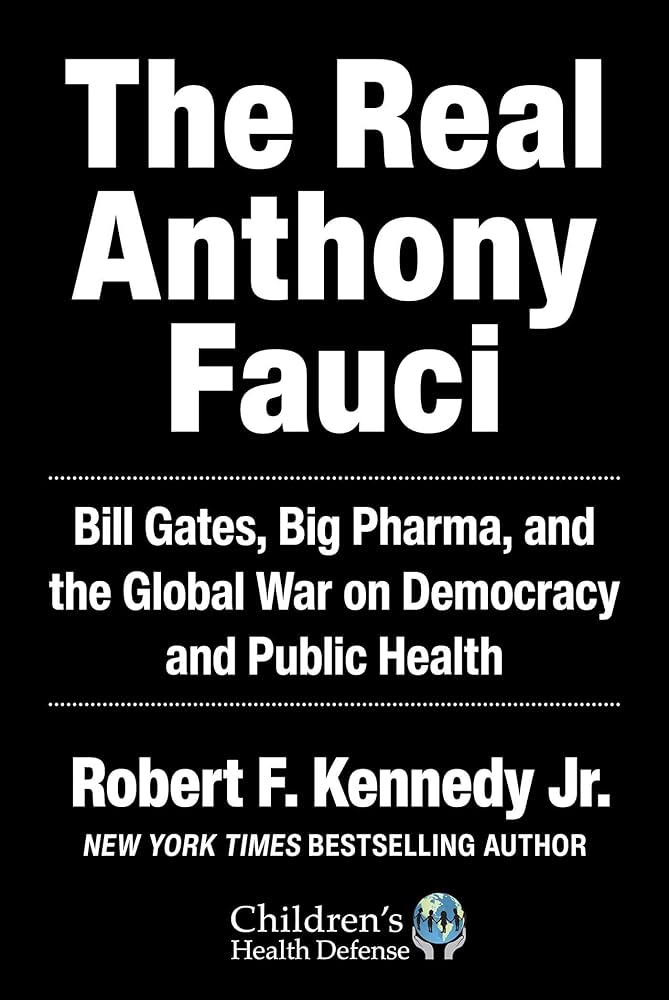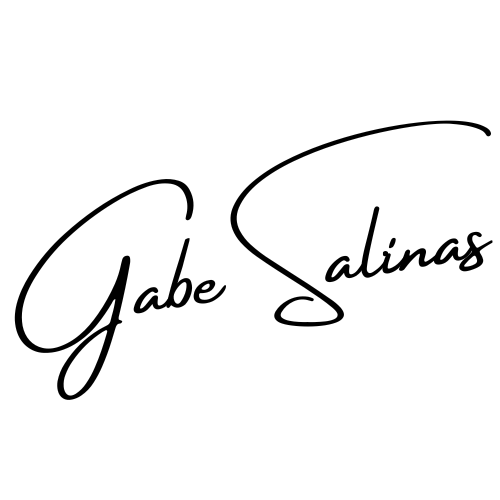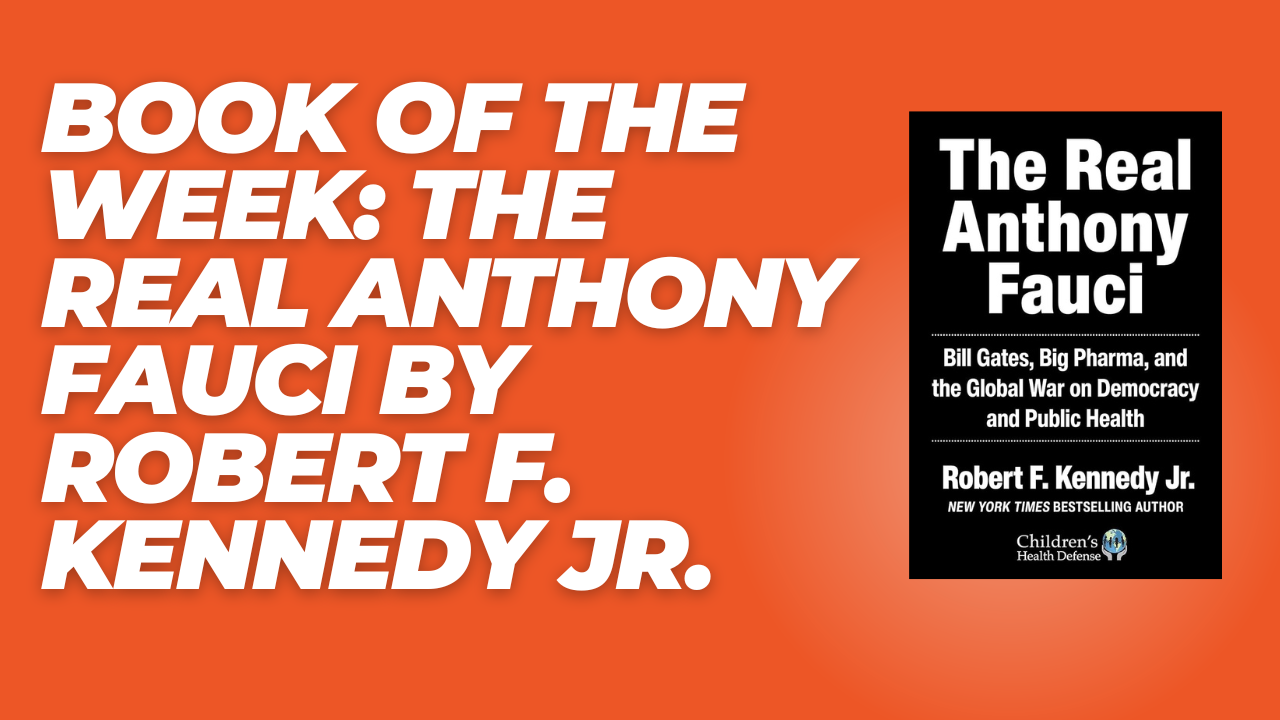
Alright, readers, if you’re ready to take on a challenge, this week’s Book of the Week is calling your name. The Real Anthony Fauci by Robert F. Kennedy Jr. isn’t your average casual read—it’s a 900+ page marathon. Think of it like tackling a huge house-cleaning project, one section at a time. If you’ve got three hours a day to dedicate over the next two weeks, you’ll find this book to be well worth your time. But even if you don’t, stick with me here, because there’s a lot to unpack.
This isn’t an anti-vaxxer manifesto, so if that’s a concern, set it aside. Instead, it’s a deep-dive into the pharmaceutical industry, governmental regulations, and the decision-making processes that impact our public health systems—all centered around Dr. Anthony Fauci, a major player in public health for decades.
At its core, this book examines how medicines and vaccines are developed, tested, approved, and rolled out to the public. RFK Jr. scrutinizes the pharmaceutical industry and argues that big drug companies have an outsized influence on the agencies responsible for regulating them, such as the FDA, CDC, and the National Institutes of Health. He brings up concerns about conflicts of interest and whether public health is always the top priority in decision-making.
A key focus of the book is on Fauci himself, not as a villain, but as a representative of the system. RFK Jr. describes Fauci’s long career leading the National Institute of Allergy and Infectious Diseases (NIAID) and uses it as a lens to explore broader issues.
He raises questions about transparency, accountability, and whether the current regulatory setup truly serves the public or reinforces corporate interests. While his tone is critical, he challenges readers to dig past the headlines and think critically about how policies and decisions are made.
Now, fair warning—this book isn’t just long, it dives into some pretty shocking territory. For example, RFK Jr. alleges that during the AIDS epidemic, children were used as test subjects for experimental vaccines. And the way these children were found? Well, it’s pretty grim. If you’ve got a weak stomach or don’t think you could handle such unsettling details, you might want to just stick to my overview here.
On a more uplifting note, RFK Jr. also highlights some fundamental truths about health and longevity. One of the standout points is his emphasis on nutrition and sanitation as the two biggest factors responsible for increasing human lifespan. He goes into detail about how clean water, good hygiene, and access to healthy food have historically done far more to fight disease than many medicines or vaccines. It’s a perspective shift that might just make you rethink what “health care” really means.
If you’ve got the time to sit with this book, it’s a substantial read with plenty of thought-provoking material. Even if you don’t agree with everything RFK Jr. has to say, it’s sure to get you thinking—and that’s kind of the point, isn’t it? At the very least, it pulls back the curtain on the intersection of health care, government, and industry in ways that most of us rarely consider.
For those who’ve already braved the 900 pages, I’d love to know your thoughts! Are RFK Jr.’s criticisms valid? Do his concerns about transparency resonate with you? Drop your take in the comments, and if you’ve got a recommendation for my next read, I’m all ears. Happy reading, and remember—keeping your mind clear is just as important as keeping your windows spotless!

